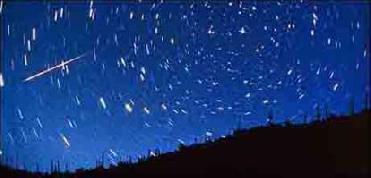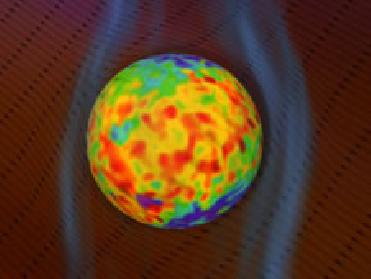
NEW DELHI (BNS): Skygazers will witness a spectacular celestial feast at midnight on Wednesday when the Orionid meteor shower, one of the biggest and brightest of the year, reaches its peak.
The meteors, which started shooting off the sky last week, will be maximum with each star falling from the sky every 5 to 10 minutes. The Orionids typically produce about 15 to 20 meteors per hour at their peak.
The Orionids are caused by particles associated with the famous Halley's Comet as it flies across the sky and vaporizes in Earth's upper atmosphere.
The celestial event would be even more stunning thanks to a moonless midnight sky.
The Orionids have been named so as they appear to radiate from near the constellation of Orion, also known as the ‘Hunter’. The constellation is visible from almost all regions of the world and appears along a line of sight close to the Equator.
The Earth passes through the orbit of Halley's Comet twice every year, the other time being on May 6. During that time, the Eta Aquarids – another weak meteor shower occurs. But it is nowhere near as spectacular as this week's Orionids, Space.com reported.
So, skygazers can start viewing the meteor shower late Tuesday night, continuing till early Wednesday morning. However, the evening session would not be as ‘showery’ as the morning hours would be.
 Previous Article
Previous Article Next Article
Next Article













The Indian Air Force, in its flight trials evaluation report submitted before the Defence Ministry l..
view articleAn insight into the Medium Multi-Role Combat Aircraft competition...
view articleSky enthusiasts can now spot the International Space Station (ISS) commanded by Indian-American astr..
view article